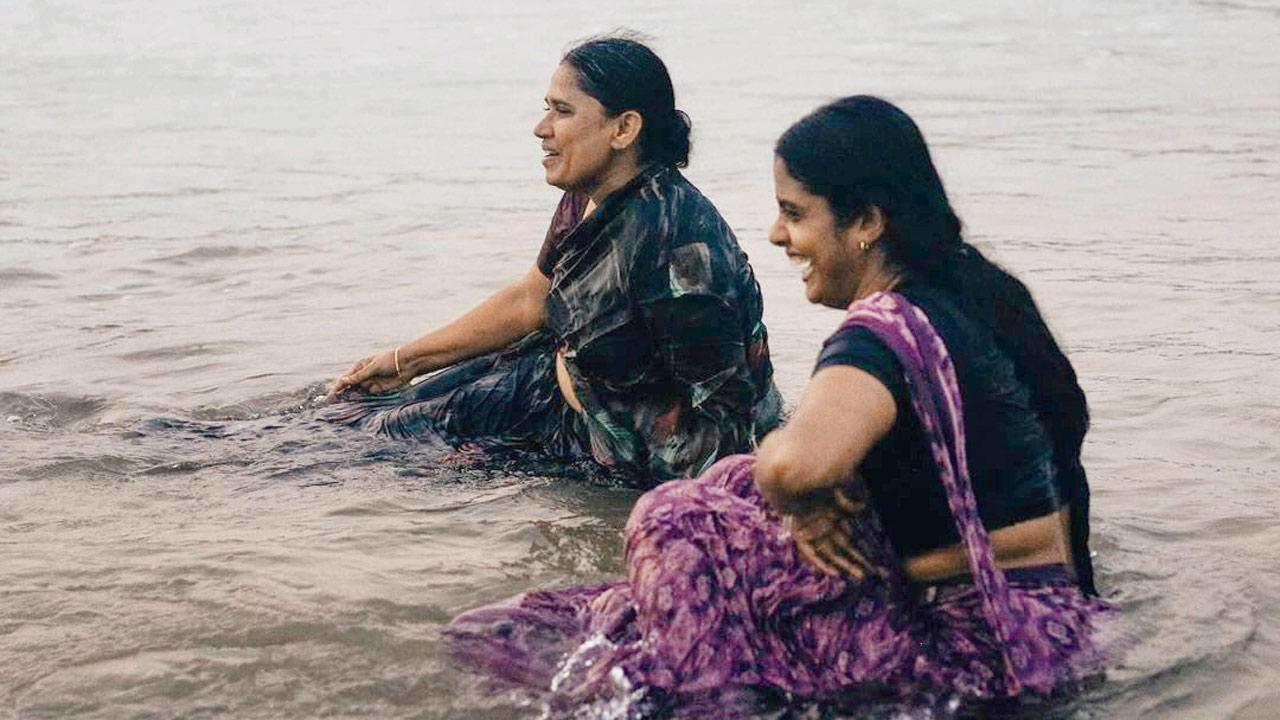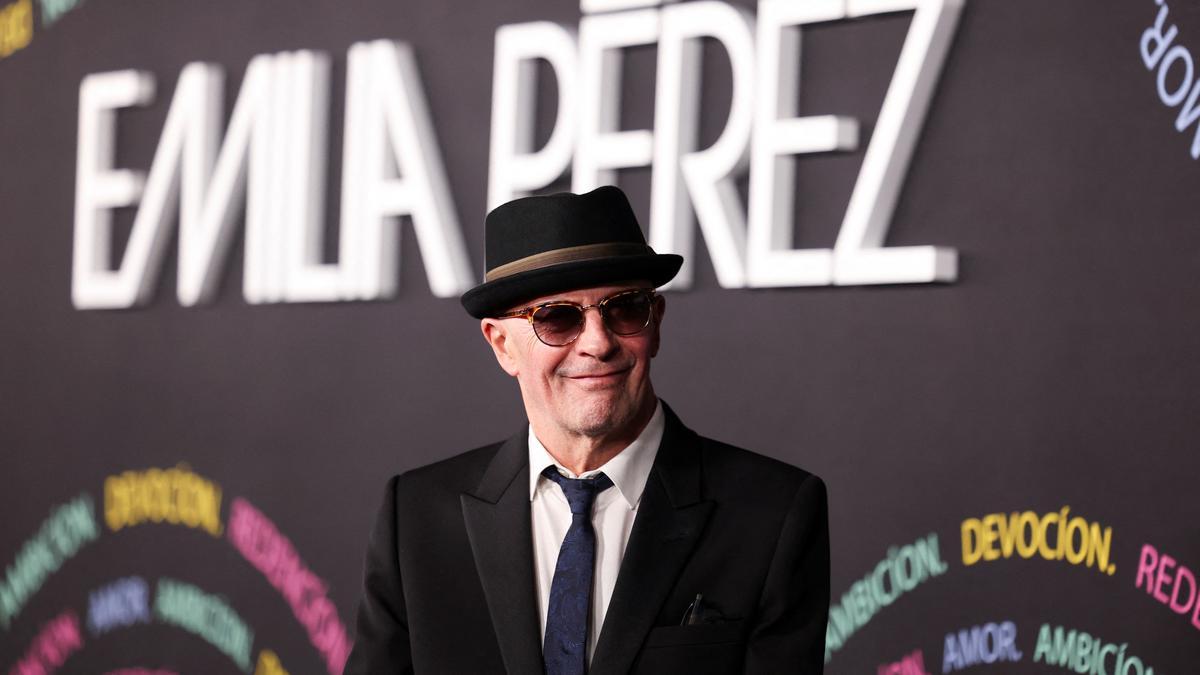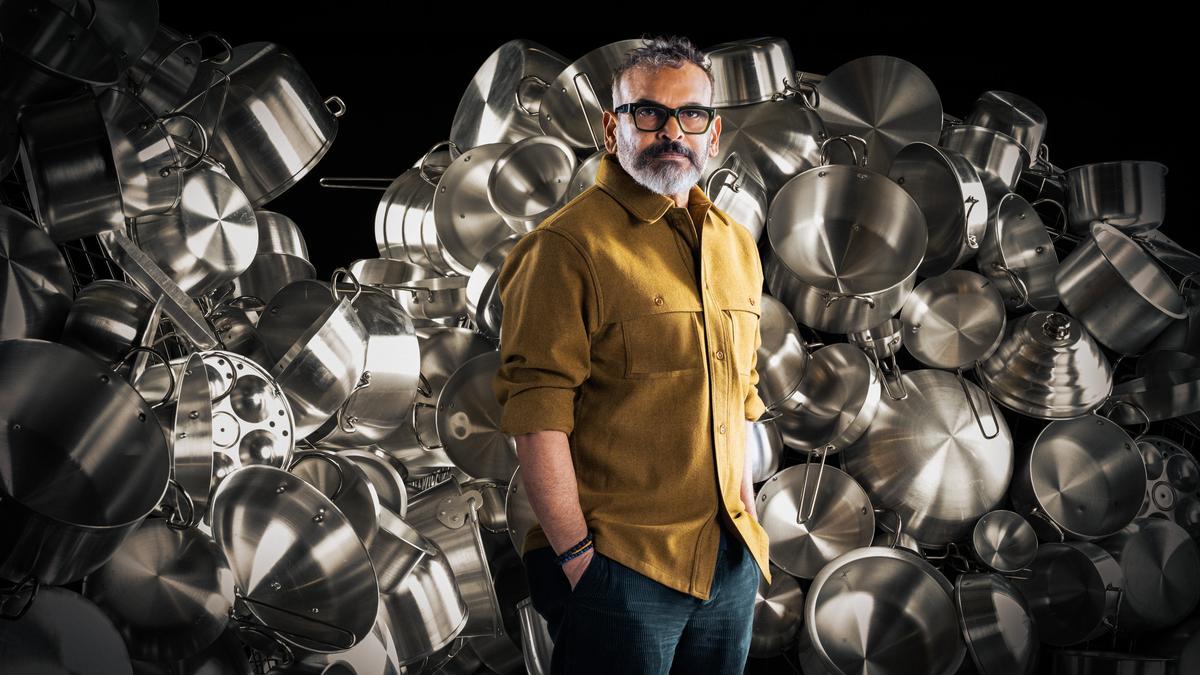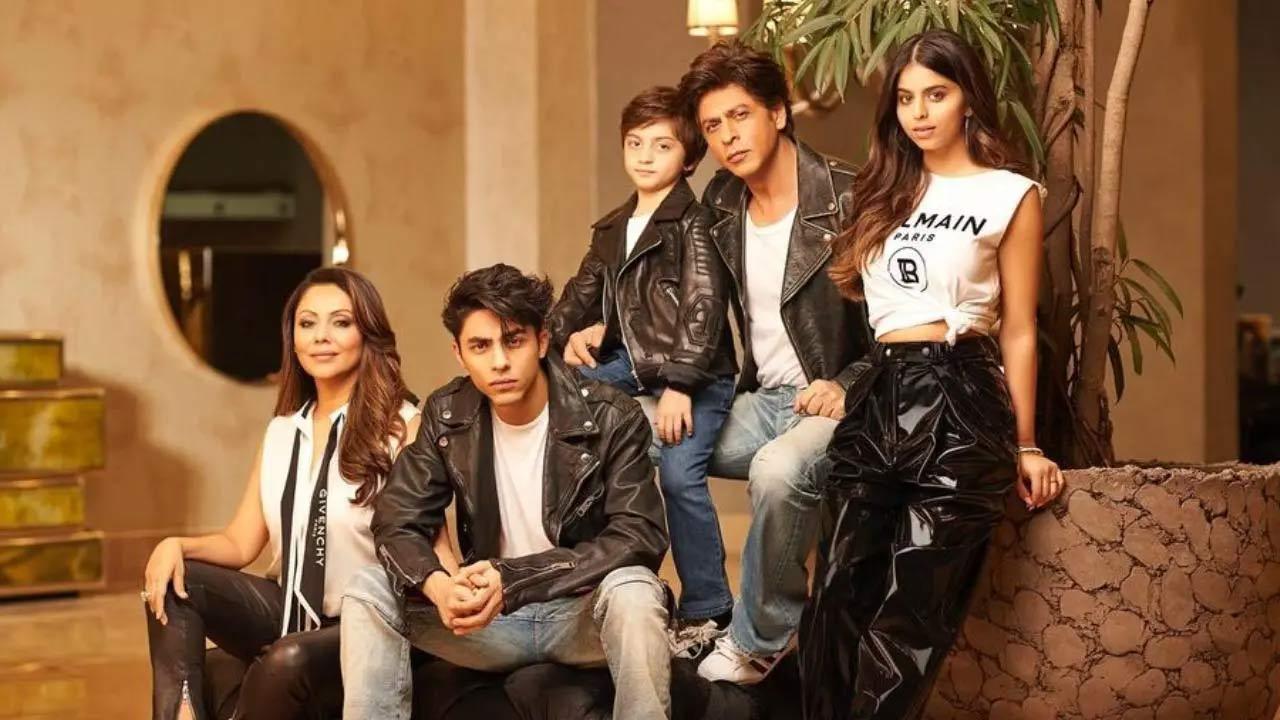
The prestigious Ballon d’Or ceremony, which unfolded on Monday night at the illustrious Chatelet Theatre, was notably marked by the absence of several prominent Real Madrid stars, including the likes of Vinicius Junior and Jude Bellingham. This significant absence came as a result of a bold decision by the Spanish football giants, Real Madrid, to boycott the event over what they perceived as a significant snub of their players by the organizers.
Despite his absence from the ceremony, Vinicius Junior did make an appearance of sorts. He was featured in a specially curated video montage, which was broadcast to both the guests in attendance and the television audience worldwide. This gesture, although offering a degree of recognition, did little to mitigate the discontent felt by the club and its supporters.
The event, expected to be graced by the presence of the nominated football elites, saw the seven Real Madrid players who had made it to the shortlist conspicuously missing from the red carpet. These players, including renowned names like Kylian Mbappe, Antonio Rudiger, and Fede Valverde, alongside the retired Toni Kroos, chose to forego the ceremony in solidarity with their club’s stance. Real Madrid, revered as both Spanish and European champions, expressed their dissatisfaction through official channels, communicating to AFP their reservations about the selection process of the Ballon d’Or winner.
The central point of Real Madrid’s contention rested on the belief that their star players were unjustly overlooked in the award consideration. Particularly, the club voiced grievances regarding defender Dani Carvajal, who was among the 30 players nominated. In their statement to AFP, they articulated a clear critique of the award criteria, asserting that if the parameters for evaluation did not favor Vinicius Junior, then Dani Carvajal should have been the evident choice. The failure of the award to recognize either player was deemed by Real Madrid as a lack of respect not just from the Ballon d’Or but also UEFA.
Real Madrid’s message was unequivocal: “If the award criteria don’t give it to Vinicius as the winner then those same criteria should point to Carvajal as the winner. As this was not the case, it is clear that Ballon d’Or and UEFA do not respect Real Madrid.
. And Real Madrid does not go where it is not respected,” the club declared.
This dramatic turn of events has sparked considerable debate among football enthusiasts and pundits alike. Many are questioning the methodology behind the award nominations and the transparency of the whole process. Arguments have surfaced regarding potential biases and favoritism, suggesting that certain players and clubs might be unduly disadvantaged due to unseen agendas.
Adding another layer of intrigue to the Real Madrid boycott was the broader context of recent events involving their players. Notably, Vinicius Junior was recently involved in high-profile incidents where he stood in support of the Barcelona trio who were racially abused by some Real Madrid fans during a Clasico. This incident raised questions about the broader cultural issues within the football community and the responsibilities of clubs and governing bodies in addressing these matters.
While Real Madrid’s decision to boycott the Ballon d’Or ceremony sends a powerful message, it also signifies the underlying tensions between major football clubs and the organizations responsible for recognizing individual achievements. It raises key questions about fairness, transparency, and the factors that influence such prestigious awards.
This development is not without its implications for the future. The decision by Real Madrid could potentially set a precedent for other clubs who feel aggrieved by the decision-making processes of major football awards. It underscores the need for all parties involved to revisit and perhaps rethink the structures and criteria that govern these recognitions to maintain the integrity and respect that organizations like the Ballon d’Or command.
As the dust settles on this year’s ceremony, the football world watches closely to see how Real Madrid’s bold stance might influence future award processes and whether it prompts any changes in the approach of the Ballon d’Or organizers. For now, the club maintains its position, firmly standing by its belief in fairness and respect in the recognition of football excellence.










